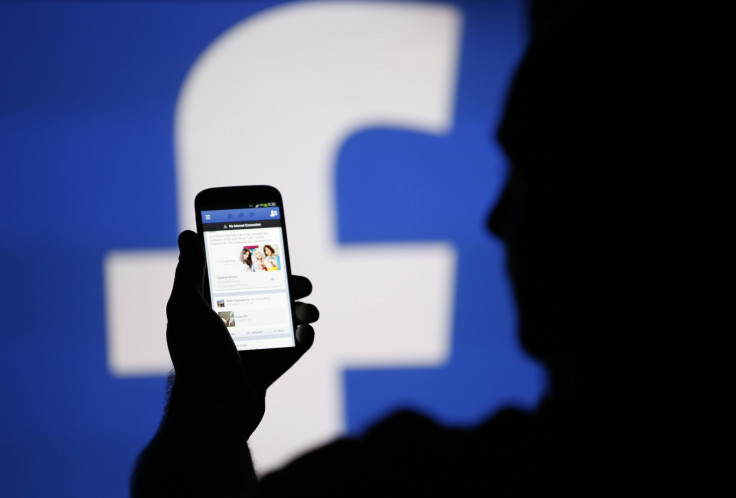Facebook 'error' blocks accounts of Palestinian journalists, sparks anti-Facebook campaign
The journalists claim the suspensions could be a result of Facebook's agreement with Israel to tackle incitement.

Several editors from two Palestinian online news publications have claimed that their Facebook accounts were briefly disabled last week with no reason provided. The editors allege that their Facebook pages could have been censored as a result of an agreement between the company and Israel earlier this month to tackle "incitement" on the social media network.
Four editors from the Shehab News Agency and three executives from the Quds News Network were reportedly unable to access their personal accounts on Friday, Al Jazeera reports.
[Sharek-Quds News Agency] does not publish anything that violates Facebook standards or that could annoy governments," Nisreen Al-Khatib, a journalist and translator at Quds News Network which covers daily news in the occupied Palestinian territories, told Al Jazeera. She also noted that the publication's non-political vertical which covers "entertainment" and "international news" was also briefly suspended.
When Quds News Network reached out to Facebook about the reason behind the suspension, the social media giant reportedly replied on Saturday (24 September) that the suspension was "accidental." Al-Khatib said that the disabled accounts of three of the news agency's journalists were restored over the weekend.
According to Shehab News Agency manager Remah Mubarak, one of four managers' accounts that were disabled "with no warning" over the weekend was still suspended as of late Sunday while the other three had been restored on Saturday.
Facebook issued an apology for deleting the pages saying "the pages were removed in error and restored as soon as we were able to investigate", Al Arabiya English reports.
"Our team processes millions of reports each week, and we sometimes get things wrong. We're very sorry about this mistake," a Facebook spokesperson told Al Arabiya English.
IBTimes UK has reached out to Facebook for further comment and is awaiting a response.
Palestinian activists launched an anti-Facebook campaign on Sunday against posting and interacting on the social network, using the hashtag #FBCensorsPalestine with an inverted Facebook logo as their campaign logo, for two hours. The campaign was launched in protest against Facebook's alleged violation of freedom and suppression of opinion under the claim of incitement by Palestinians.
"There has been no given reason for closing the accounts," Ezz al-Din al-Akhras, a supervisor at Quds, told the Electronic Intifada. "We believe this is the result of the agreement between Israel and Facebook. It is very strange that Facebook would take part in such an agreement, given that it is supposed to be a platform for free expression and journalism."
The anti-Facebook campaign follows the Israeli military's announcement on Sunday that it has indicted over 145 Palestinians so far in 2016 for incitement over social media.
Facebook and the Israeli government recently agreed to work together to tackle online incitement that Israel says has fuelled a slew of violent Palestinian attacks over the past year.
Earlier in September, two Israeli government ministers met top Facebook officials to discuss how the company could address and limit calls to violence on its platform. They reiterated that the social media giant should do more to monitor and control inflammatory content on the social media network. Israeli officials have proposed controversial legislation that seeks to force social media companies to remove content that Israel considers is incitement or face a fine in the country.
Many digital rights groups have warned that the legislation raises serious concerns and questions over Facebook's responsibility for material posted by its users.
Israel's Justice Minister Ayelet Shaked said Facebook, Google and YouTube are complying with up to 95% of requests submitted by the Israeli government to pull content from their platforms that incites Palestinian violence. Since May, the justice minister said the government has submitted 158 takedown notices to Facebook and 13 requests to Google-owned YouTube, of which Facebook granted 95% of the requests while YouTube granted 80%.
In a statement earlier this month, Facebook said "online extremism can only be tackled with a strong partnership between policymakers, civil society, academia and companies, and this is true in Israel and around the world".
© Copyright IBTimes 2025. All rights reserved.




















